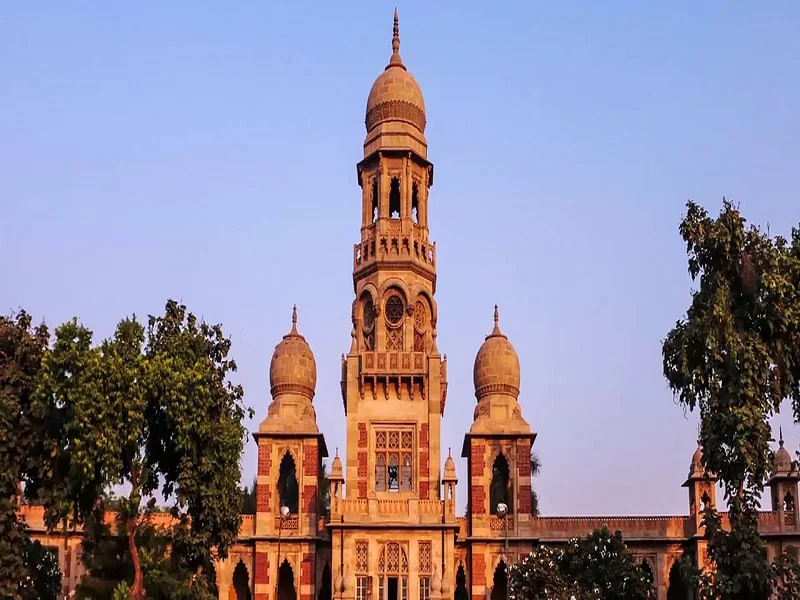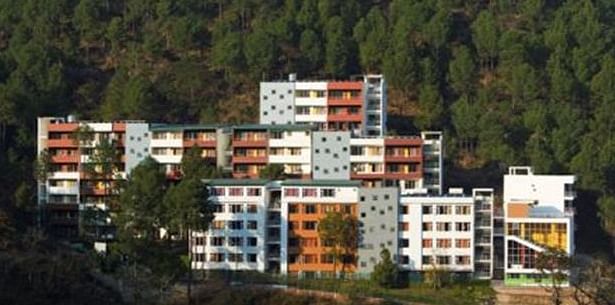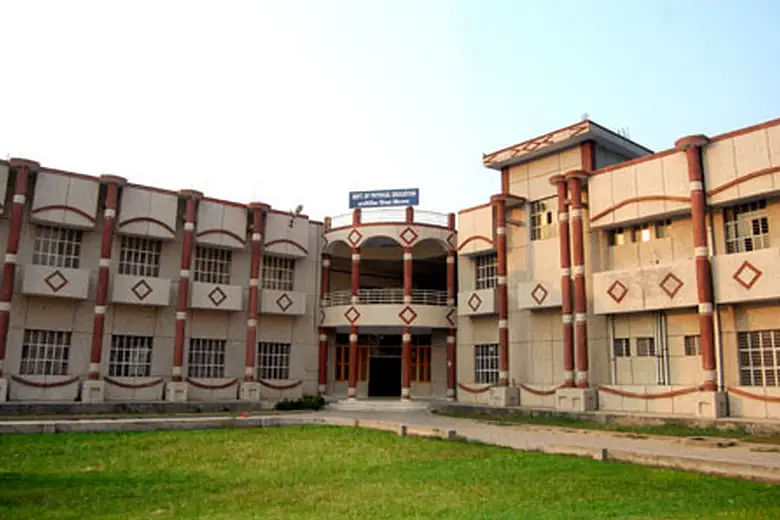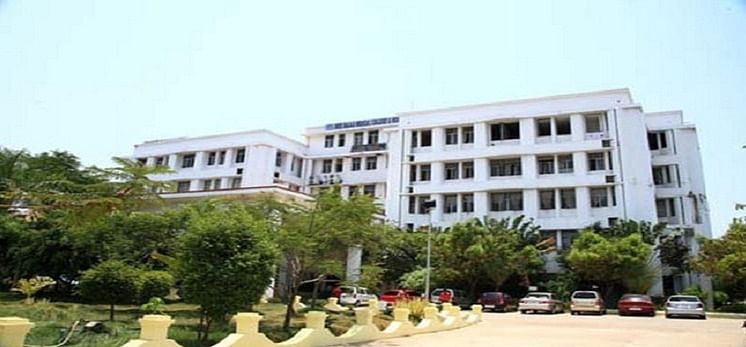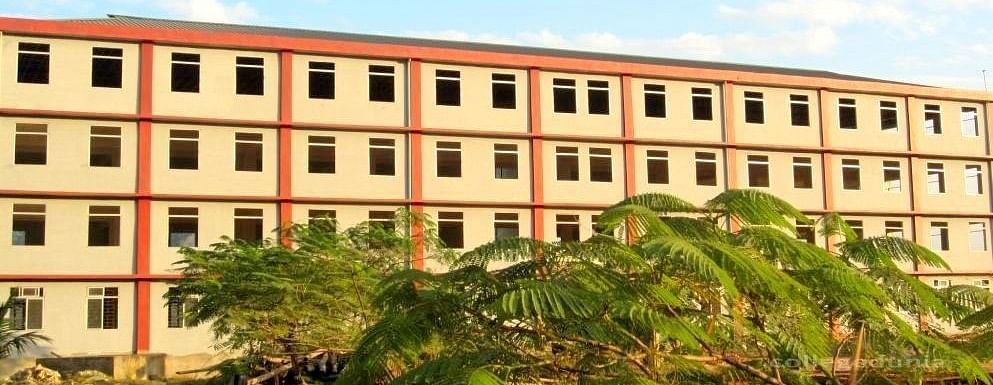M.Sc Nanotechnology Syllabus and Subjects

M.Sc Nanotechnology course curriculum includes subjects such as fabrication techniques, quantum mechanics, etc., among others, which aid in providing advanced knowledge and understanding of the course. The M.Sc Nanotechnology job scope is vast, ranging from project assistant, service engineer to lecturer.
Table of Contents
- Semester Wise MSc Nanotechnology Syllabus
- MSc Nanotechnology Subjects
- MSc Nanotechnology Course Structure
- MSc Nanotechnology Teaching Methodology and Techniques
- MSc Nanotechnology Projects
- MSc Nanotechnology Books
Semester Wise MSc Nanotechnology Syllabus
The MSc Nanotechnology course outline includes all the information needed to grasp the subject. The four semesters of the MSc Nanotechnology course include a wide range of subjects. The MSc Nanotechnology subjects for each semester are listed below:
MSc Nanotechnology First Year Syllabus
The first-year subjects for the MSc Nanotechnology are listed in the table below, sub-divided into first and second semesters:
|
Semester I |
Semester II |
|
Physics of Nanomaterials |
Nano Biosafety |
|
Chemistry of Nanomaterials |
Nanostructured Materials and their Application |
|
Principles of Nano Biotechnology |
Advanced Characterisation of nanomaterials - II |
|
Synthesis and Characteristics of Nanomaterials |
Basics of Pharmaceutical Sciences |
|
Practical-I |
Practical - II & III |
MSc Nanotechnology Second Year Syllabus
The second-year subjects for the MSc Nanotechnology are listed in the table below, sub-divided into third and fourth semesters:
|
Semester III |
Semester IV |
|
Nano Fabrication and Nanotechnologies |
Nano Toxicology |
|
Environmental Nanotechnology |
Carbon Nanoscience |
|
Basics of Nanomedicines |
Viva |
|
Nanomaterials in Energy Technology |
Dissertation |
|
Semiconductor Materials and Applications |
- |
MSc Nanotechnology Subjects
Students in the MSc Nanotechnology course gain a thorough understanding of a variety of topics during the course of the programme. The course is further divided into core and elective topics. The MSc Nanotechnology course will cover the following topics:
MSc Nanotechnology Core Subjects
The following are the core MSc Nanotechnology subjects that all students has to take:
- Physics of Nanomaterials
- Chemistry of Nanomaterials
- Principles of Biology and Nano Biotechnology
- Synthesis and Characterisation of Nanomaterials
- Nanotoxicology and Biosafety
- Nano Fabrication and Nanotechnologies
MSc Nanotechnology Elective Subjects
The following are the elective MSc Nanotechnology subjects that all students can opt for:
- Carbon Nanoscience and Its Applications
- Basics of Nanotechnology in Tissue Engineering
- Environmental Nanotechnology
- Thin Film and Vacuum Technology
- Advanced Characterisation of Nanomaterials
- Mathematics and Computational Science
MSc Nanotechnology Course Structure
The MSc Nanotechnology course is structured to encourage learning, practical experience, and the growth of key skill sets in students. The course is structured into core and elective subjects for the duration of the term. The MSc Nanotechnology course is divided into the following sections:
- IV Semesters
- Core Subjects
- Elective Subjects
- Research Projects
- Internship
- Seminars
- Practicals
MSc Nanotechnology Teaching Methodology and Techniques
The major element of any course is its teaching techniques and methods uses to make the student couse more comprehensive. The MSc Nanotechnology programme employs a range of teaching methods, some of which are detailed below:
- Regular Lecturers
- Practicals
- Seminars, and Workshop
- Internship
- Projects/Dissertation
- Group Activities
MSc Nanotechnology Projects
The MSc Nanotechnology focuses on practical aspect in form of projects which give students an edge to gain experience . The following is a list of some of the MSc Nanotechnology projects:
- Research on biological pattern formation and gene regulation
- A Field Trap Apparatus Using Nanostructured Materials for Single Molecule Enzymology
- Study on creating wearable sensors for technology and remedies in individualised health care
- The Commercialization of Nanomedicine and Clinical Translation
MSc Nanotechnology Books
The broad MSc Nanotechnology syllabus offers students both a close analysis of their particular area of expertise and a complete overall review of the subject matter. Here are a few books that can be used as references:
|
Name of Book |
Author |
|
Nano Chemistry |
Sergeev G.B |
|
Magnetostriction and Magnetomechanical Effects |
E.W. Lee |
|
Carbon Nanotubes: Properties and Applications |
Michael J. O'Connell |
|
Semiconductor Material and Device Characterization |
D. K. Schroder |
|
Higher Engineering Mathematics |
B. S. Grewal |




